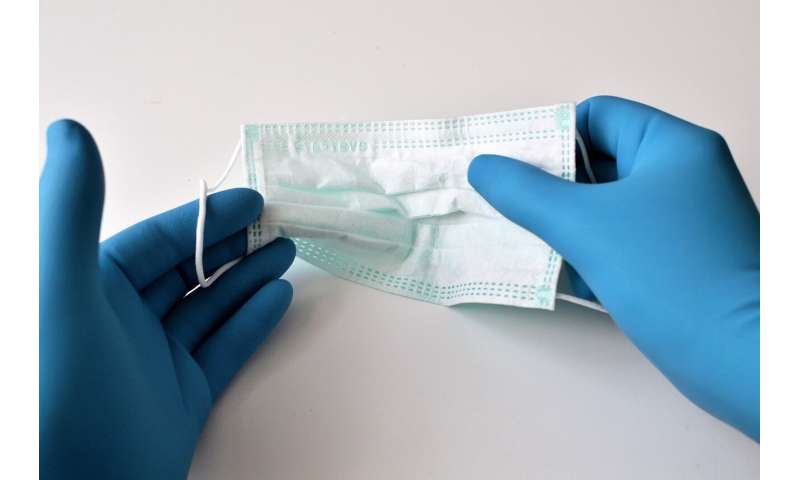Merkel seeks tougher virus rules to see Germany through winter

Chancellor Angela Merkel will push Tuesday for Germany’s 16 states to agree to tougher measures including alcohol bans or stricter mask requirements should coronavirus cases soar beyond a threshold as winter approaches.
With infection rates rising again since the summer, Merkel will stress at a meeting with state premiers later Tuesday the importance of not risking another full-fledged lockdown across Germany like in mid-March.
“The overarching aim must be to keep schools and childcare facilities running, as well as the continued operation of the economy after the painful restrictions early this year and in the summer,” according to a draft policy paper seen by AFP that is to be discussed at the meeting.
At the same time, with huge clusters of outbreaks seen often after family gatherings or private parties, the chancellor will urge state premiers to agree to imposing a ceiling on the numbers of people gathering if infection rates were to rise above the threshold of 35 new cases per 100,000 over seven days.
Measures including widening the list of places where people are required to wear masks or “bans on alcohol sale for a limited period of time” could also be imposed in cases of unabated contagion.
But ahead of the meeting, some state premiers have already voiced opposition to toughening measures.
Saxony state premier Michael Kretschmer said stricter rules made sense only in places where infections are sharply rising.
“That is not an issue for Saxony. That’s why there won’t be toughened rules here,” he told regional radio MDR Sachsen.
In a meeting on Monday with her CDU party’s top brass, Merkel had warned that new infection numbers—currently at around 2,000 a day—could leap to 19,200 daily if the “trend continues in this way,” party sources told AFP.
Germany began to ease stringent measures including shop closures or limits to the numbers of people meeting from late April, after weeks of lockdown brought new infections down from the peak of around 6,000 daily.
Source: Read Full Article
